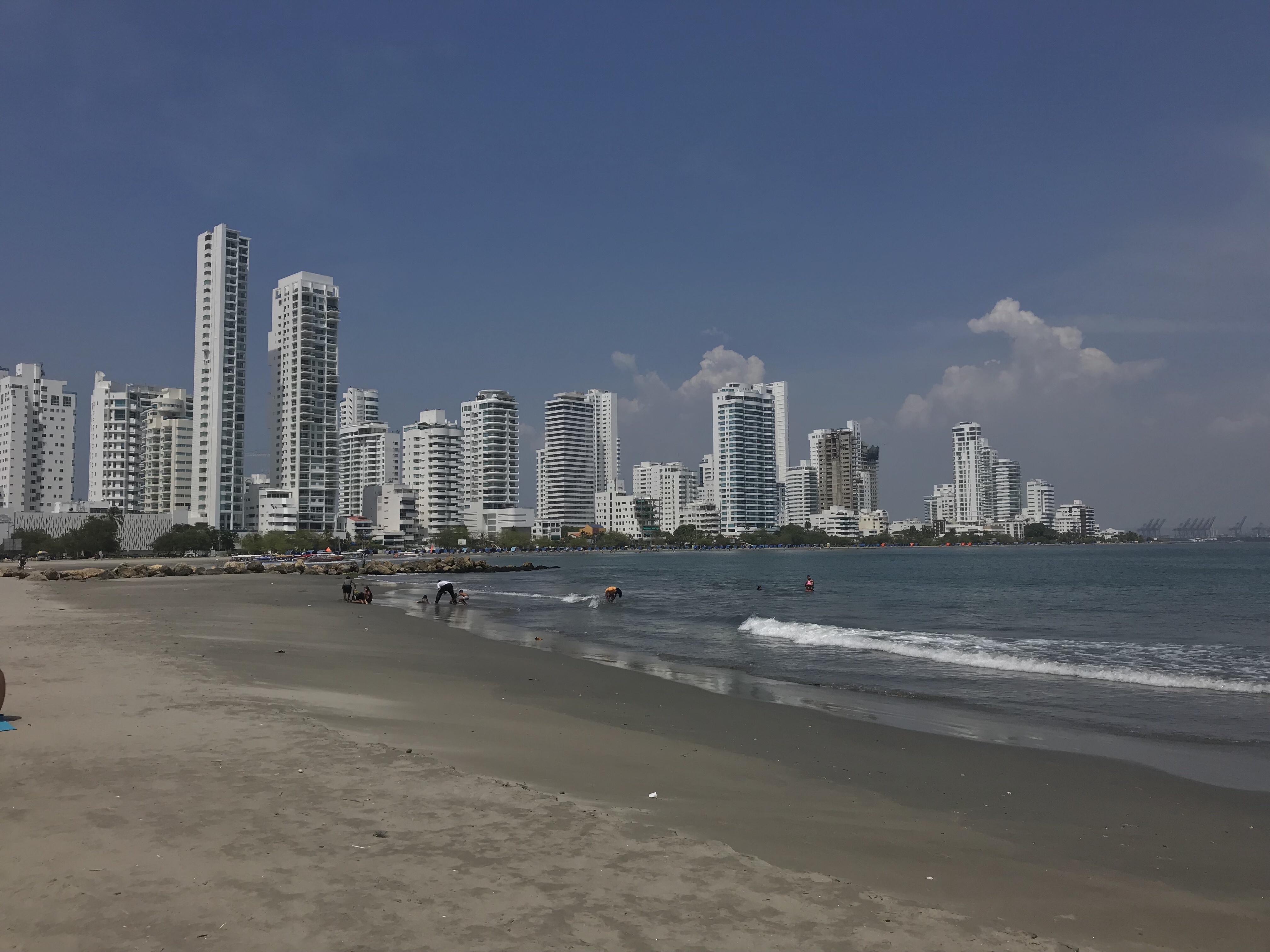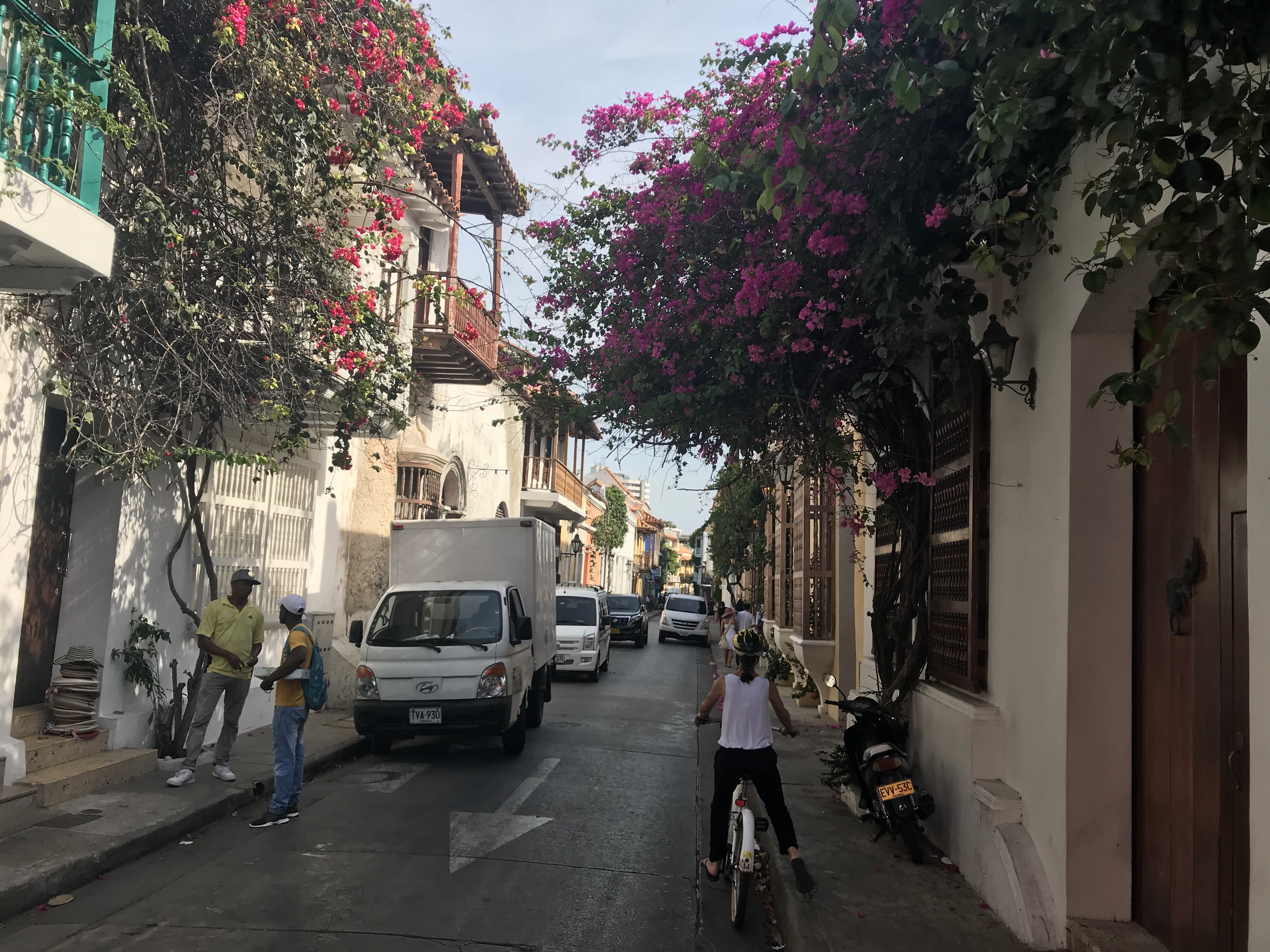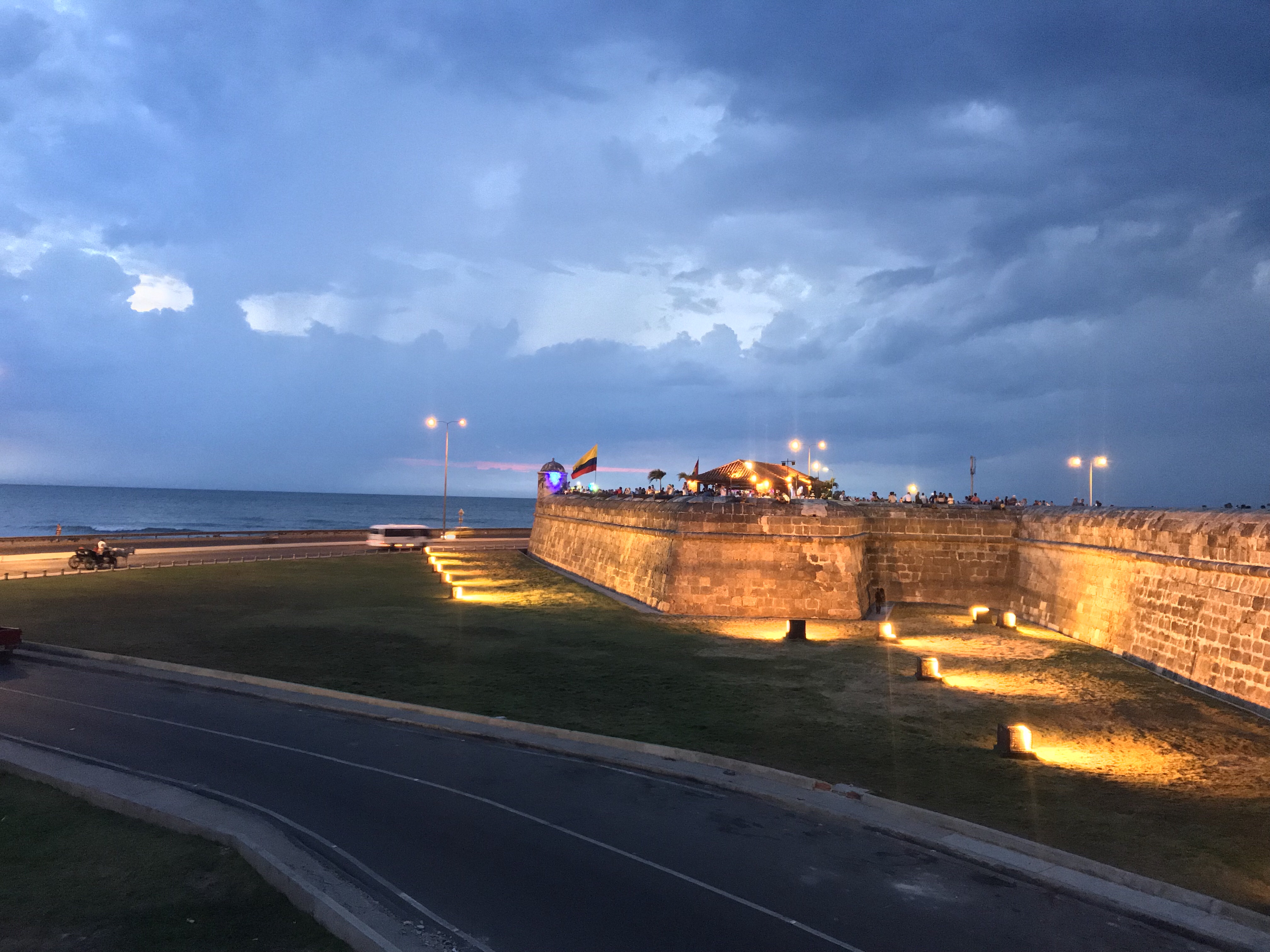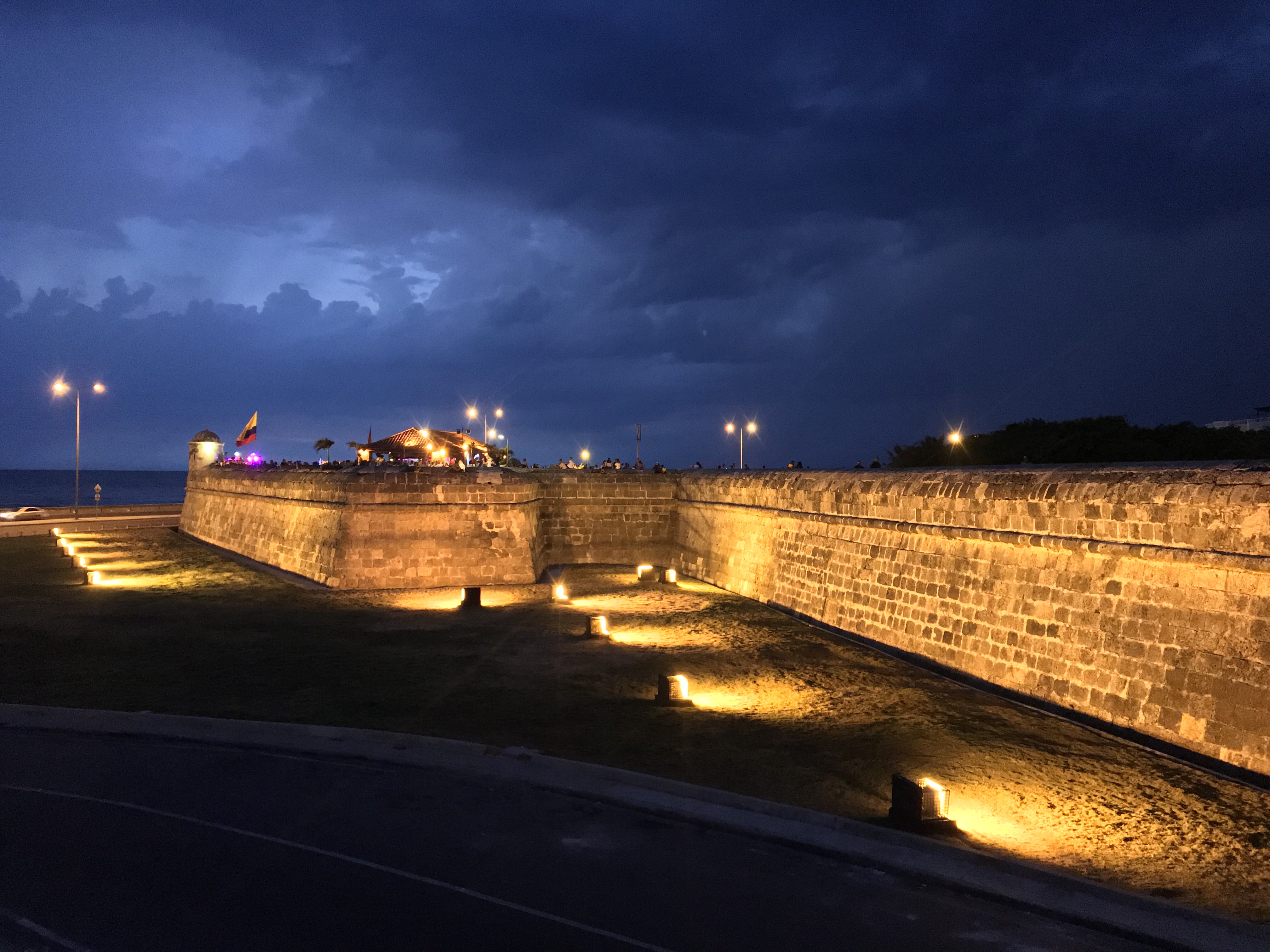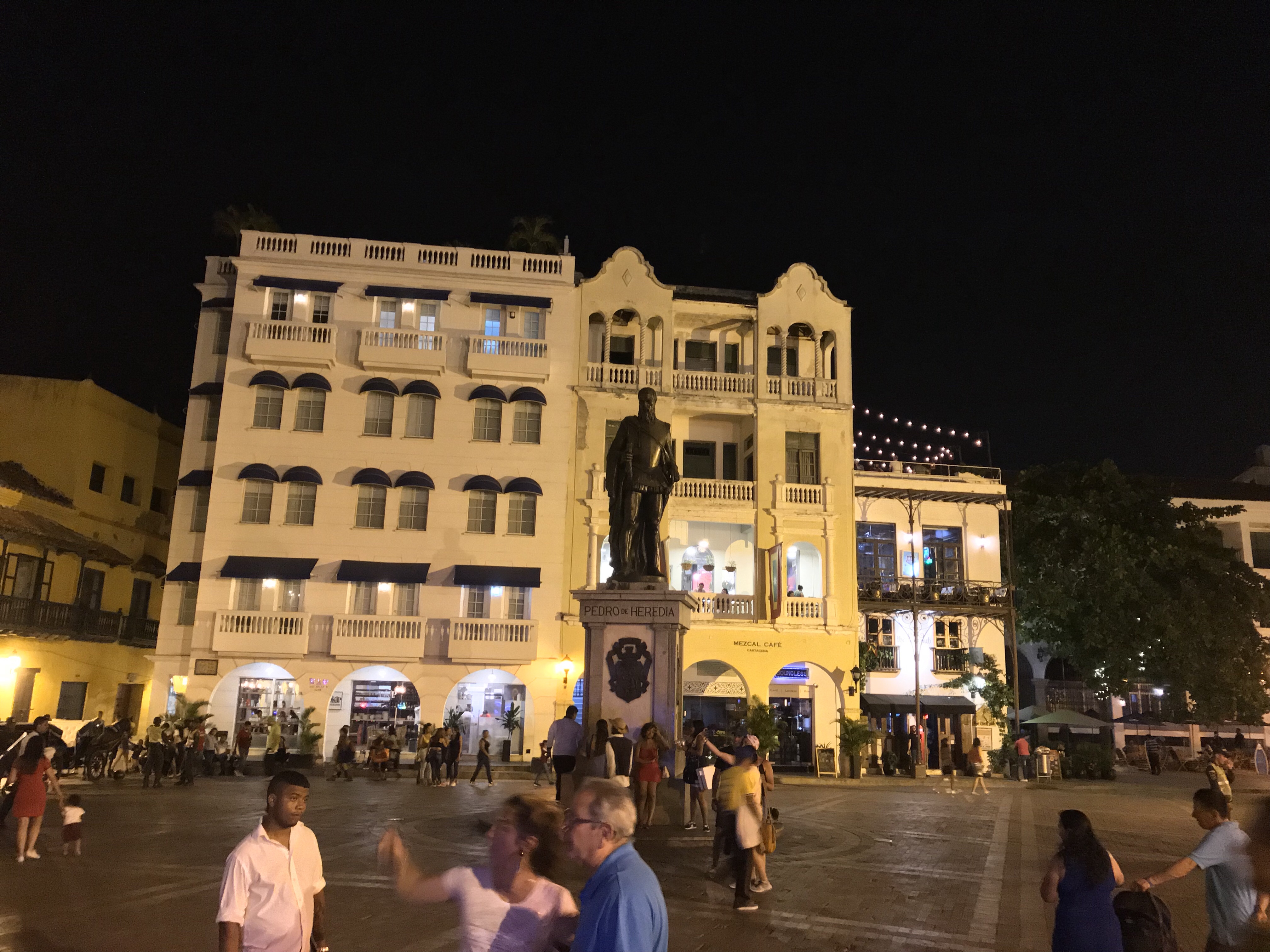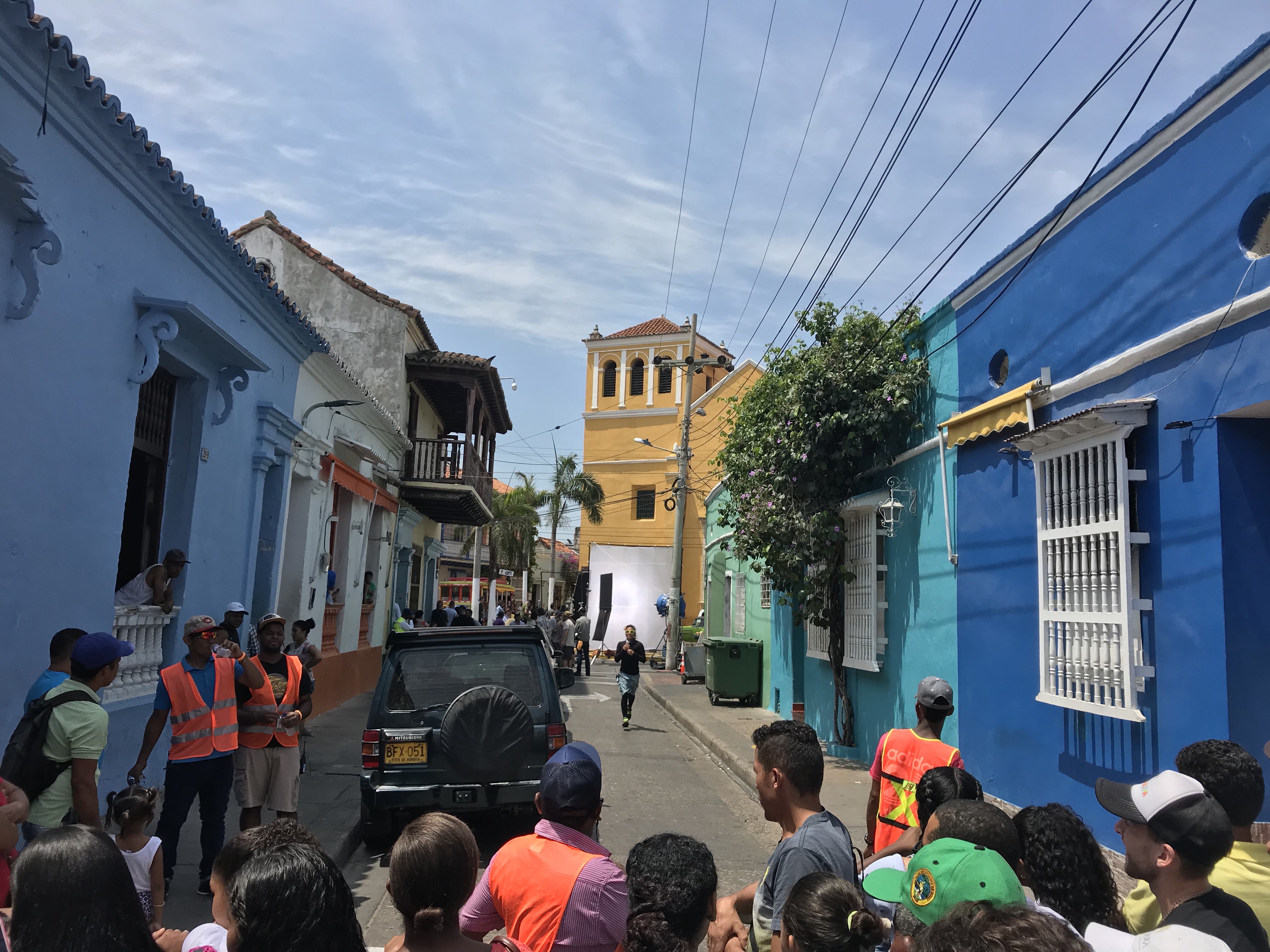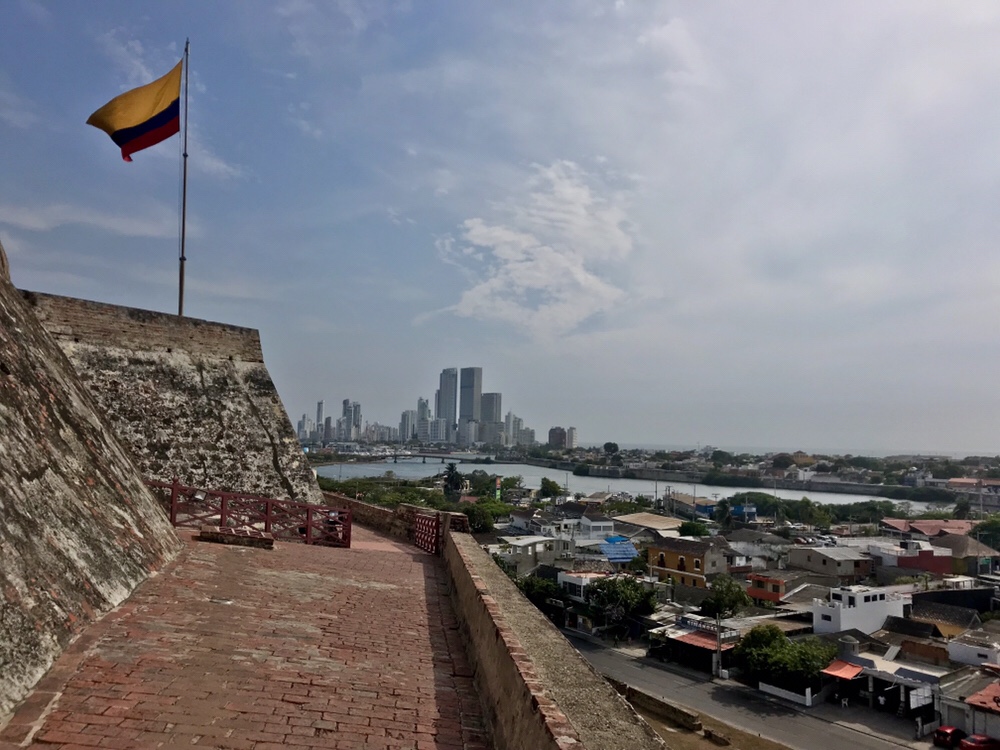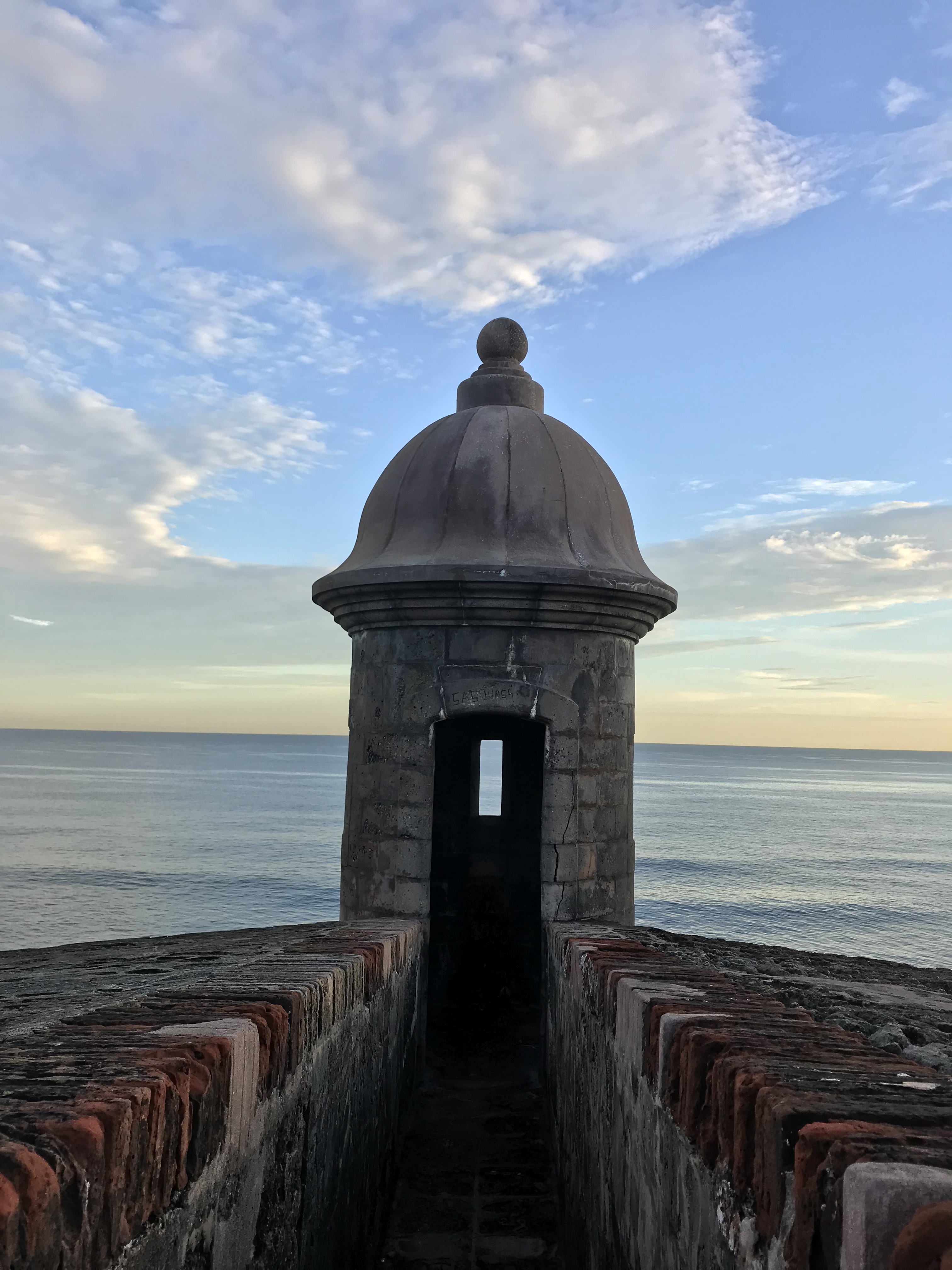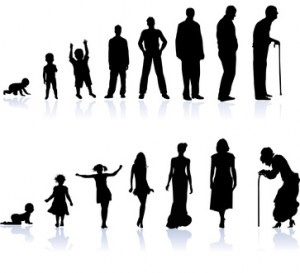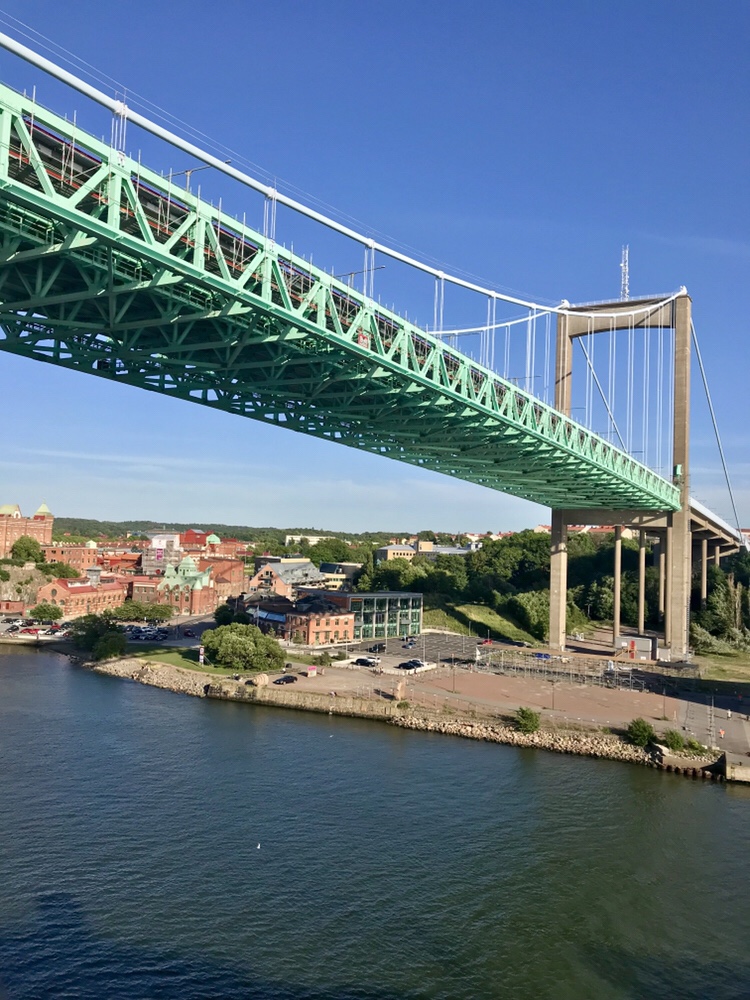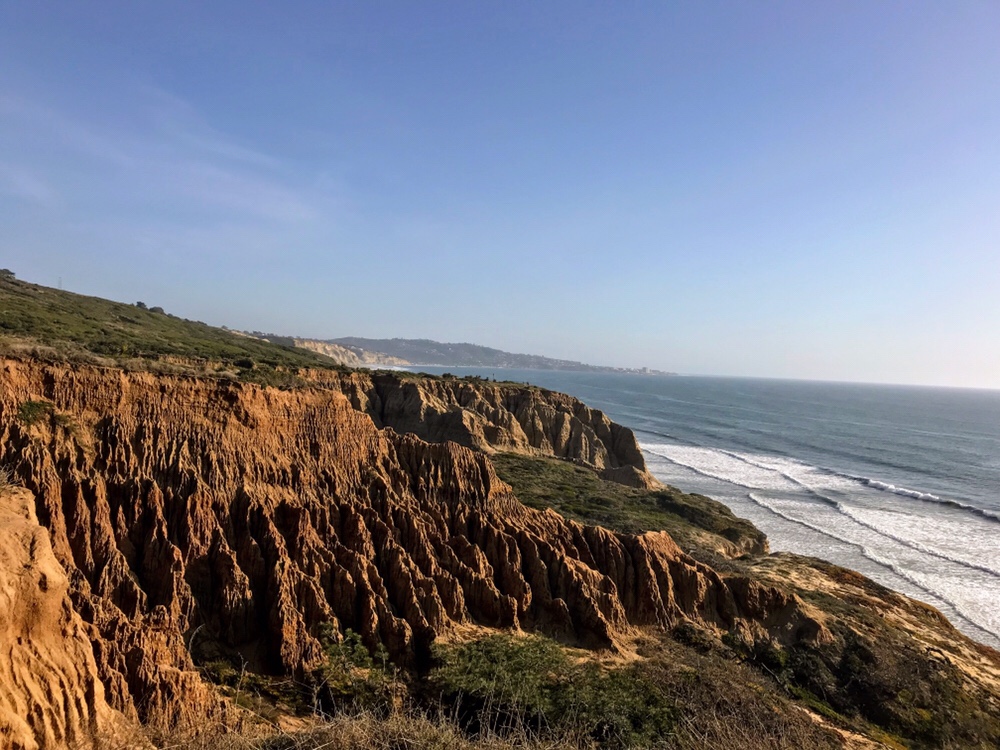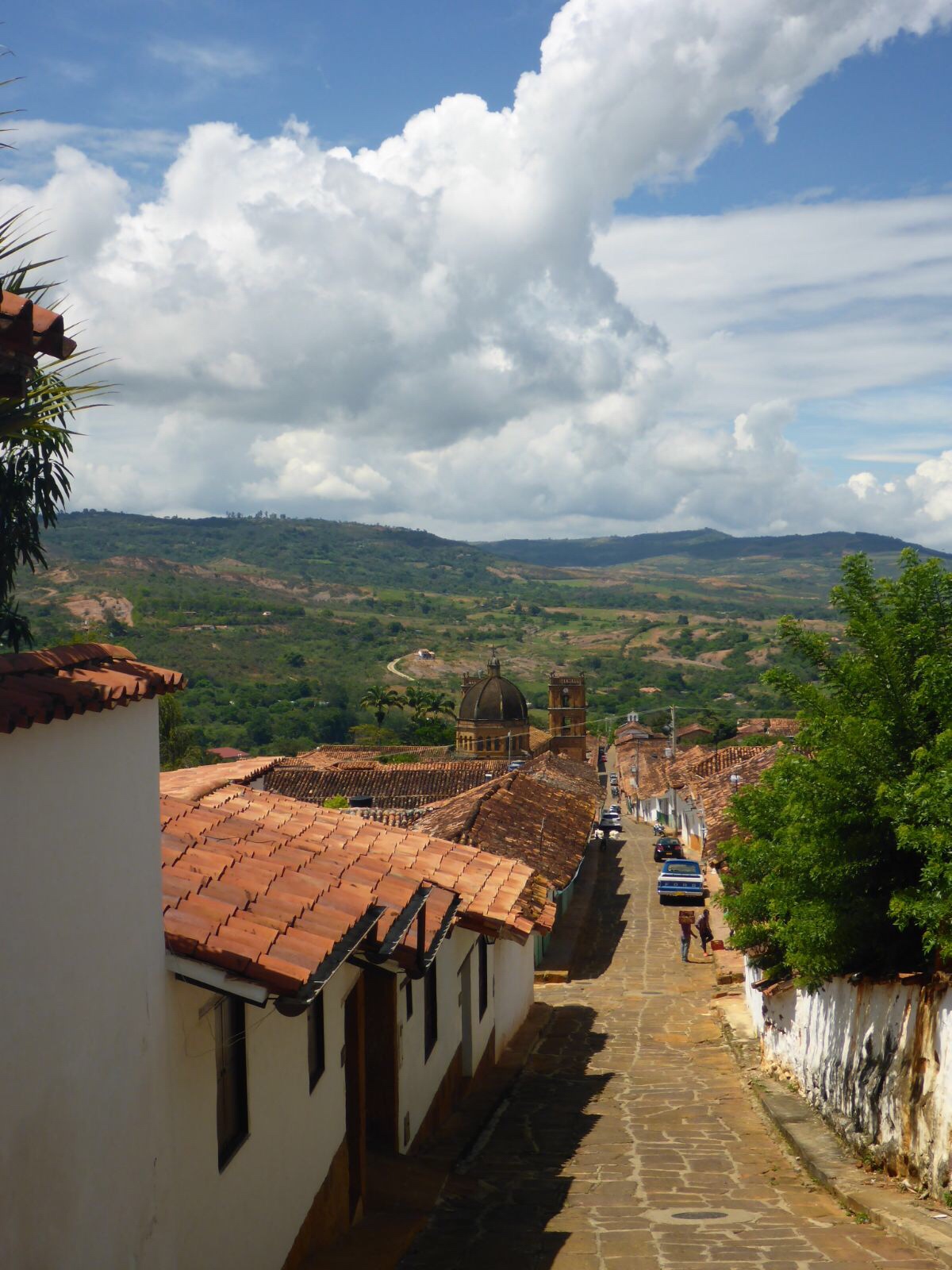Travel
“¡Cerveza, Coca-Cola, o Agua! – ¡A la orden! “
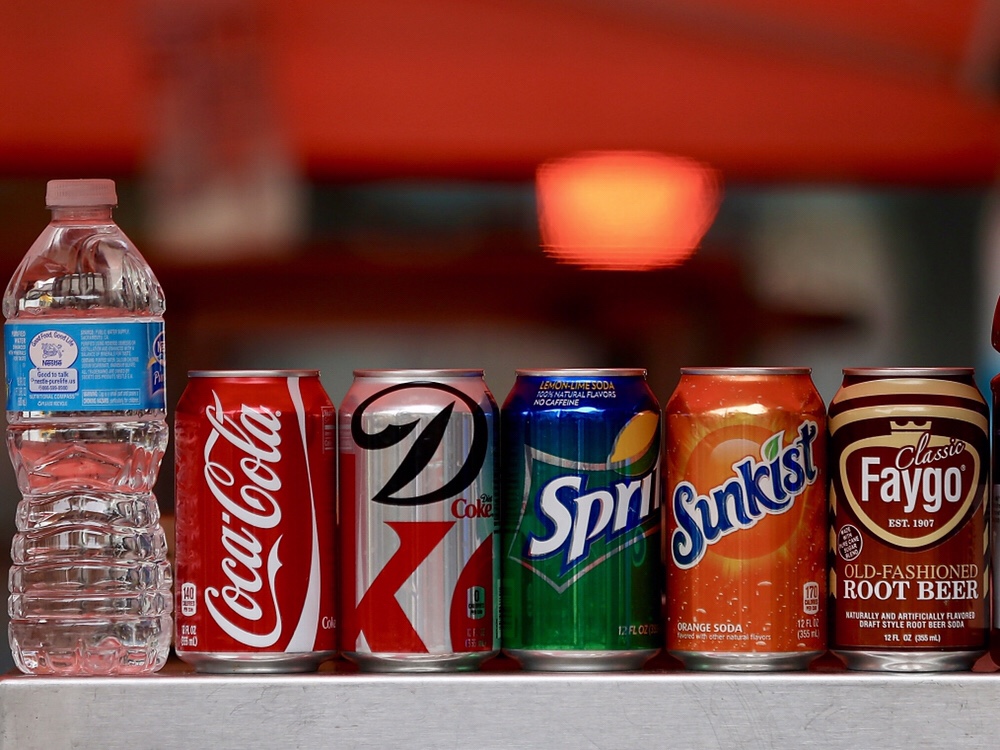 “Beer, Coke, or Water – as you wish!” This is a common phrase you’ll hear all around Cartagena (the expensive coastal Caribbean city in the north of Colombia) especially if you look like a gringo (white foreigner, or more honestly…Americano). It has been said that people love choices. Especially the freedom of choice. Seems like the street salesforce of Cartagena follows the same logic. But what does freedom of choice really mean? Are you truly free to choose whatever your heart desires? Or perhaps your choices are a reflection of what is available to you in your environment. How do our lives change when the available options, and thus our choices, are changed? For example, we often hear people say things like “I don’t really like to exercise that much. The gym and the healthy food market is so far away and after work I’m just too tired to go. I know I should lose weight and eat better and I even have friends and family that do just that, but I guess I’m just not that kind of person.” Our protagonist, let’s call her Jane, may have no other choice but to work and commute long hours, while also living in an affordable part of town that may not have a gym or healthy market nearby. Jane certainly has a problem on her hands. Over 70% of Americans are overweight – so we can assume by her comments that she too is struggling to control her weight. If she doesn’t do something, she could end up with a whole host of health issues, from increased blood pressure, inflammation, self-image and esteem issues, and even premature mortality. Unfortunately, to make matters worse, Jane has taken what should be classified as a problem with her environment, and instead placed a negative judgment on herself. It’s not that most jobs or transportation options force her into a sedentary lifestyle or that there isn’t enough nature, parks, and gyms available in her neighborhood, it’s that she come to believe she’s just not that kind of person. Depending upon how long she thinks this and how many people she tells this to, she might fully cement this idea in her mind – self fulfilling prophecy that isn’t true. Ideas are contagious, even if they aren’t true. Jane does have an opportunity to reframe the situation and ask herself why – why does she fail to exercise when her friends and family members are able to? What is it about her life and her situation (instead of a quick and judgmental critique on her character) that might cause this? Unfortunately, Jane has little control over her environment. It’s not necessarily easy for her to change to a more active job or move neighborhoods. She certainly will struggle to build her own gym or petition for more active areas in her part of town. There’s a good chance that Jane hasn’t failed herself. Her community leaders have a responsibility to Jane to improve her environment – so that it works with her to lead a better life and doesn’t cause her to struggle and blame herself for things outside her control. Improved commuting options, from dedicated bike lanes to efficient mass transportation would allow Jane to spend less time sitting and even allow her to exercise while she commutes. Health-focused grocery stores that don’t tempt Jane with intentional unhealthy options along the standard shopping path and at check-out would immediately and positively change her options and thus her choices. Jane has a variety of options for change but here are two obvious options: 1. Move to a different area (and find a new job) where the civic and community leaders are make decisions in their people’s best interest. 2. Organize with her neighbors and fellow citizens, who likely are struggling with the same challenges, to demand change. Jane can choose to not act and think poorly of herself, but this is still a choice Let’s hope for Jane (and the community’s sake) that she chooses the water and not the beer or coke.
“Beer, Coke, or Water – as you wish!” This is a common phrase you’ll hear all around Cartagena (the expensive coastal Caribbean city in the north of Colombia) especially if you look like a gringo (white foreigner, or more honestly…Americano). It has been said that people love choices. Especially the freedom of choice. Seems like the street salesforce of Cartagena follows the same logic. But what does freedom of choice really mean? Are you truly free to choose whatever your heart desires? Or perhaps your choices are a reflection of what is available to you in your environment. How do our lives change when the available options, and thus our choices, are changed? For example, we often hear people say things like “I don’t really like to exercise that much. The gym and the healthy food market is so far away and after work I’m just too tired to go. I know I should lose weight and eat better and I even have friends and family that do just that, but I guess I’m just not that kind of person.” Our protagonist, let’s call her Jane, may have no other choice but to work and commute long hours, while also living in an affordable part of town that may not have a gym or healthy market nearby. Jane certainly has a problem on her hands. Over 70% of Americans are overweight – so we can assume by her comments that she too is struggling to control her weight. If she doesn’t do something, she could end up with a whole host of health issues, from increased blood pressure, inflammation, self-image and esteem issues, and even premature mortality. Unfortunately, to make matters worse, Jane has taken what should be classified as a problem with her environment, and instead placed a negative judgment on herself. It’s not that most jobs or transportation options force her into a sedentary lifestyle or that there isn’t enough nature, parks, and gyms available in her neighborhood, it’s that she come to believe she’s just not that kind of person. Depending upon how long she thinks this and how many people she tells this to, she might fully cement this idea in her mind – self fulfilling prophecy that isn’t true. Ideas are contagious, even if they aren’t true. Jane does have an opportunity to reframe the situation and ask herself why – why does she fail to exercise when her friends and family members are able to? What is it about her life and her situation (instead of a quick and judgmental critique on her character) that might cause this? Unfortunately, Jane has little control over her environment. It’s not necessarily easy for her to change to a more active job or move neighborhoods. She certainly will struggle to build her own gym or petition for more active areas in her part of town. There’s a good chance that Jane hasn’t failed herself. Her community leaders have a responsibility to Jane to improve her environment – so that it works with her to lead a better life and doesn’t cause her to struggle and blame herself for things outside her control. Improved commuting options, from dedicated bike lanes to efficient mass transportation would allow Jane to spend less time sitting and even allow her to exercise while she commutes. Health-focused grocery stores that don’t tempt Jane with intentional unhealthy options along the standard shopping path and at check-out would immediately and positively change her options and thus her choices. Jane has a variety of options for change but here are two obvious options: 1. Move to a different area (and find a new job) where the civic and community leaders are make decisions in their people’s best interest. 2. Organize with her neighbors and fellow citizens, who likely are struggling with the same challenges, to demand change. Jane can choose to not act and think poorly of herself, but this is still a choice Let’s hope for Jane (and the community’s sake) that she chooses the water and not the beer or coke. 
